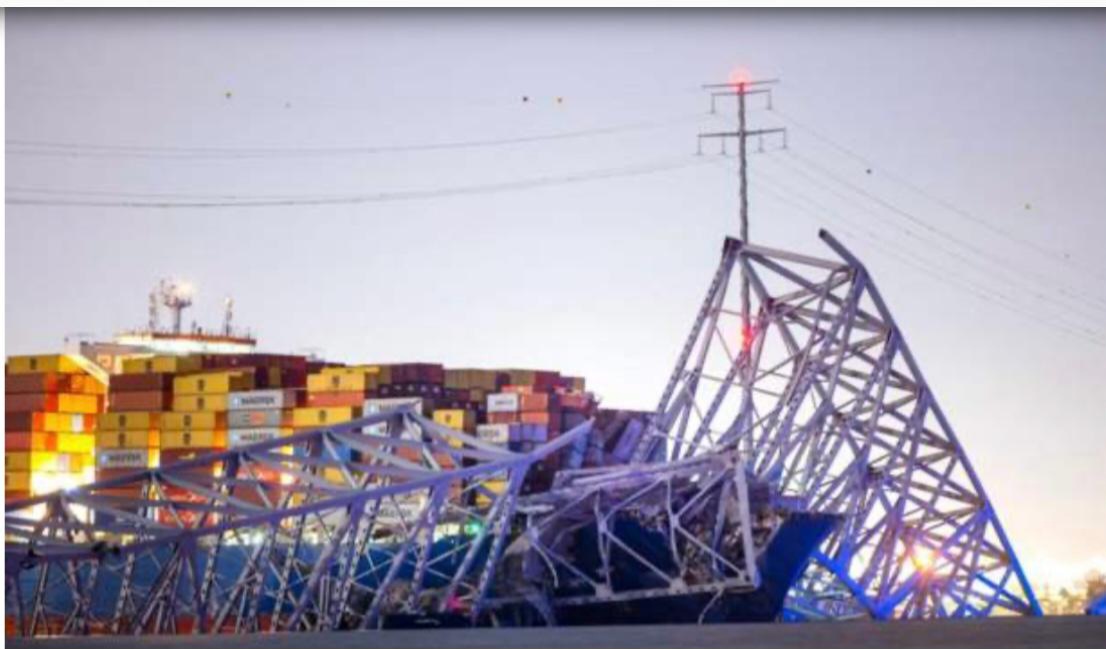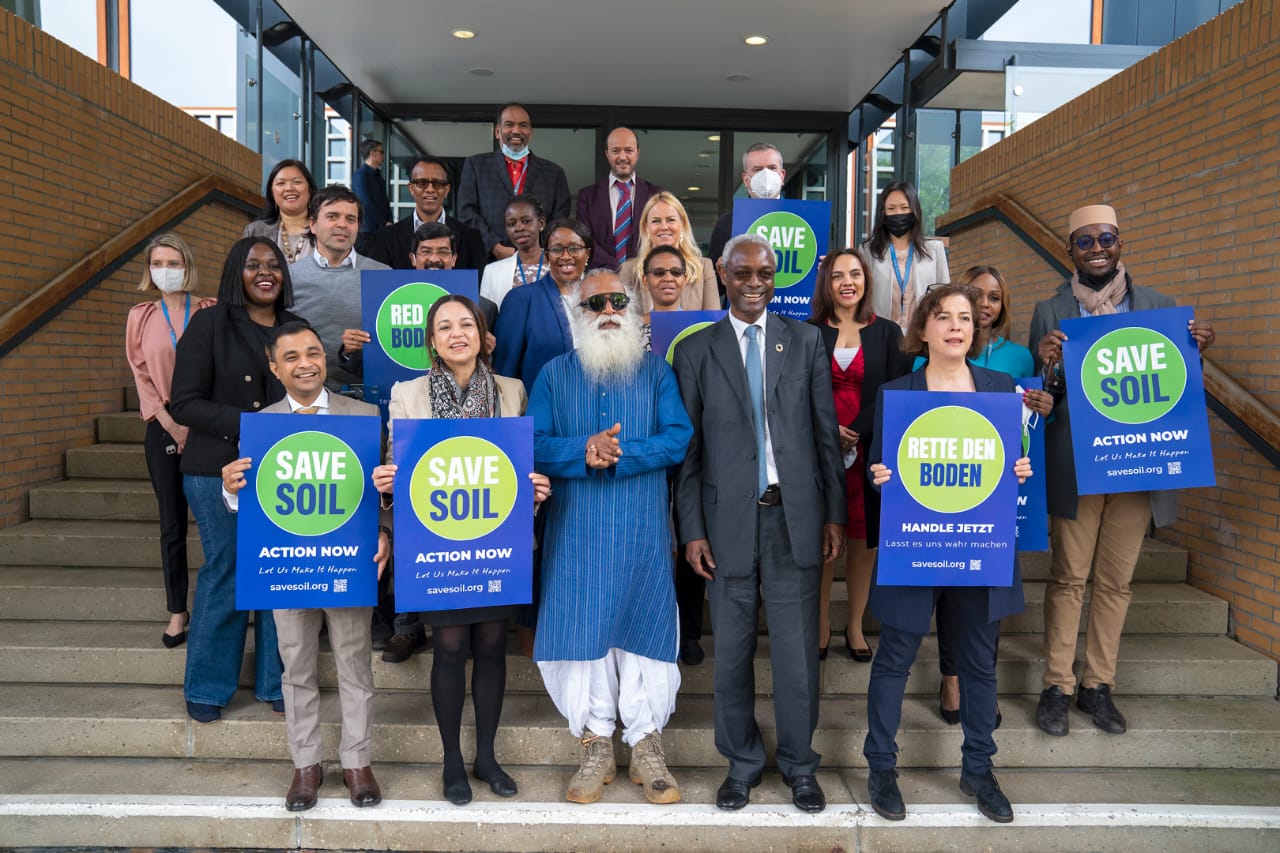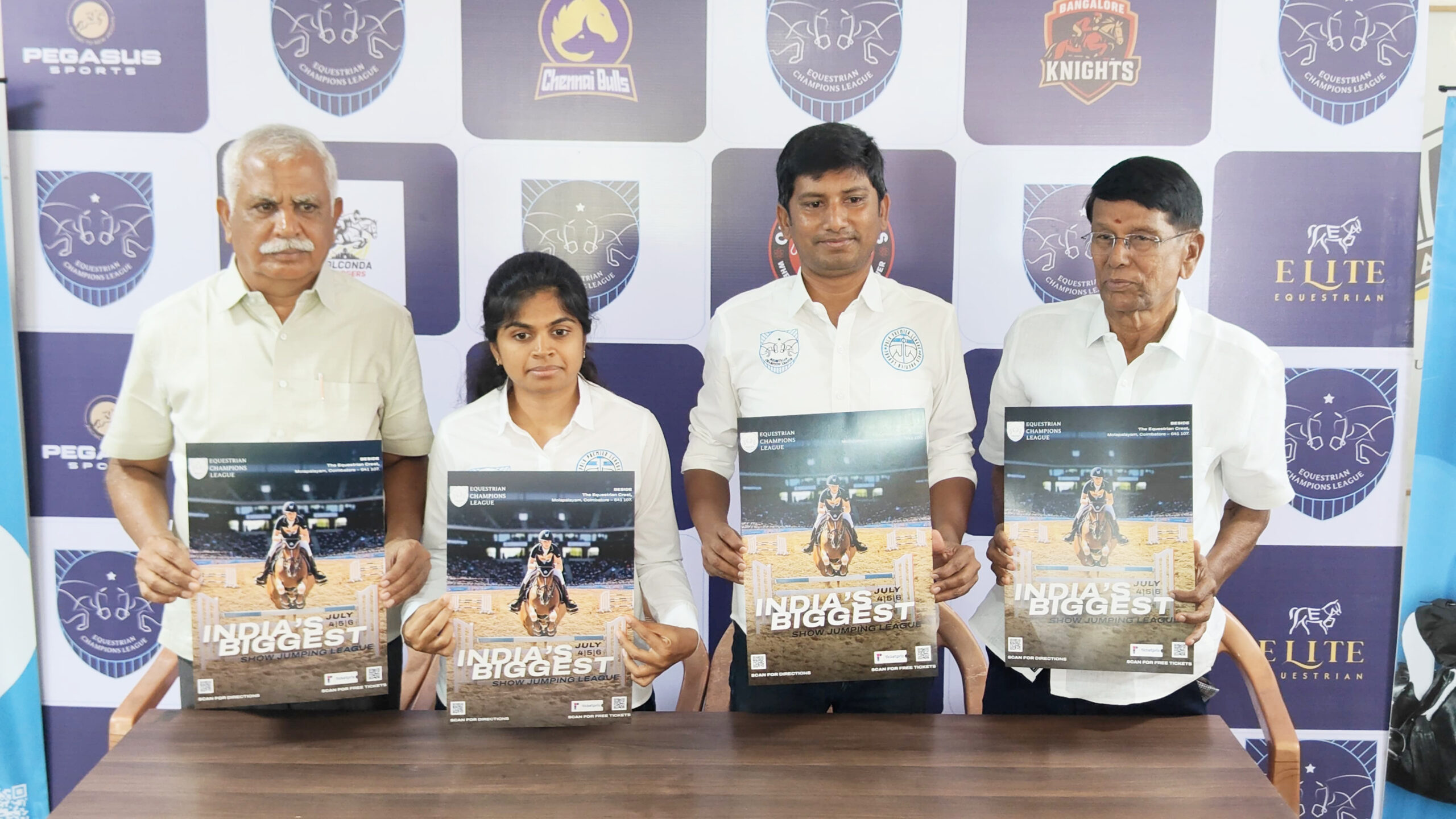Trending Now
- “If Edappadi Palaniswami permits, a thousand young members from the Virudhunagar district AIADMK are prepared to take up arms and engage in battle under my command.” – Former AIADMK Minister Rajendra Balaji
- “India is ready to deal with any counter-attack by Pakistan” – Wing Commander Vyomika Singh
- Central govt orders extension of CBI Director Praveen Sood’s tenure for another year
World News
North Korea crisis: South to continue talks with ‘clear eyes’
![]() January 18, 2018
January 18, 2018
South Korea says it will continue high-level talks with North Korea with “clear eyes” amid global warnings that Pyongyang might be playing for time to continue its nuclear-arms programme.
“We have to make the most” of the opportunity, South Korean Foreign Minister Kang Kyung-wha told the BBC.
The two Koreas earlier agreed to march under a “unified Korea” flag at next month’s Winter Olympics in the South.
The talks come as the US and its allies vowed to keep pressure on the North.
On Wednesday US Secretary of State Rex Tillerson said sanctions were “really starting to hurt”, expressing confidence that the pressure would eventually force the North to the negotiating table over its nuclear and ballistic missile programmes.
Also on Wednesday, Japanese Foreign Minister Taro Kono said the world should not be blinded by Pyongyang’s recent “charm offensive”.
“It is not the time to ease pressure or to reward North Korea,” Mr Kono said, Reuters news agency reported. “The fact that North Korea is engaging in dialogue could be interpreted as proof that the sanctions are working.”
What is Seoul’s negotiating stance?
Ms Kang told the BBC: “I think we understand North Korea better than anybody, having dealt with North Korea for decades, having had series of discussions off and on.
“We haven’t had any significant engagement in the recent past – but this is an opportunity.
“You can have all kinds of theories of why there are here (at the talks). There are, obviously, calculations going on the part of the North Korea decision-makers as to their actions.
“But in the end we have to make the most of it.
Ms Kang also said South Korea and its allies were “very much on the same page” regarding the longer term – the denuclearisation of the Korean peninsula.
And the foreign minister said Seoul wanted more humanitarian aid to be sent to North Korea as sanctions were beginning to take effect.
What has been agreed about the Olympics?
If the plans are realised, a hundreds-strong North Korean delegation – including 230 cheerleaders, 140 orchestral musicians and 30 taekwondo athletes – could attend the Winter Olympics.
It will mean the opening of the cross-border road for the first time in almost two years.
The two countries have also agreed to field a joint team for the sport of women’s ice hockey. It would be the first time athletes from both Koreas have competed together.
The Games will take place in February in Pyeongchang.
The North has also agreed to send a smaller, 150-member delegation to the Paralympics in March.
The agreement will have to be approved by the International Olympic Committee (IOC) meeting on Saturday, because North Korea has missed registration deadlines or failed to qualify.
South Korea will also need to find ways to host the North Korean delegation without violating UN Security Council sanctions outlawing cash transfers to Pyongyang and blacklisting certain senior North officials.
What has the reaction been in South Korea?
South Korea’s hockey coach and conservative newspapers have expressed concern about the prospect of a united hockey team, saying it could damage South Korea’s chances of winning a medal.
Tens of thousands of people are said to have signed online petitions urging President Moon Jae-in to scrap the plan.
But the liberal leader told South Korean Olympic athletes on Wednesday that the North’s participation in the Games would help improve inter-Korean relations.
How did the deal come about?
The talks came after tensions on the Korean peninsula reached their highest point in decades.
This is because North Korea has made rapid advances in its nuclear and conventional weapons programmes in recent years.
Its latest ballistic missile test, in November, sparked a series of fresh sanctions from the UN targeting petrol shipments and travel.
Soon afterwards North Korean leader Kim Jong-un said he was “open to dialogue”. In a New Year speech, he said he was considering sending a team to the Winter Olympics.
The breakthrough announcement that the North would be sending a delegation came on 9 January.
It was also agreed that a military hotline between the nations, suspended for nearly two years, would be reinstated.
























